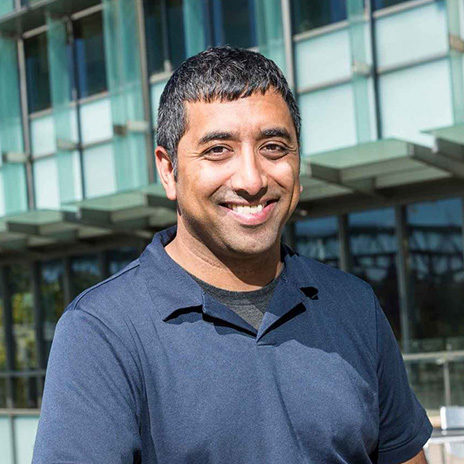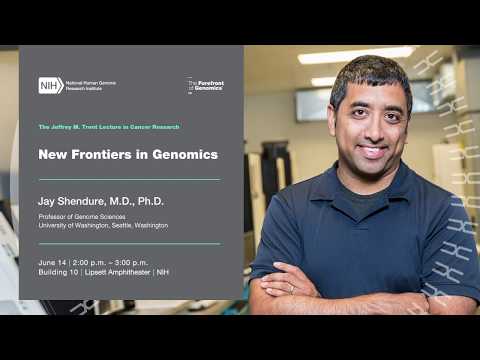
Jay Shendure, MD, PhD
“A typical patient doesn’t really exist, yet for more than a century, medicine has been focused on diagnosing and treating typical patients… There are exciting revolutions going on right now that are leading us toward a future where the ways we interact with the healthcare system will be highly tailored to who we are as individuals, genetically and otherwise.”
Jay Shendure is a Professor of Genome Sciences at the University of Washington (UW). He also serves as an Investigator at the Howard Hughes Medical Institute (HHMI) and the Scientific Director for the Brotman Baty Institute for Precision Medicine, a collaboration between the UW School of Medicine, Fred Hutch, and Seattle Children’s Hospital.
Shendure develops genomic technologies to understand how genetic differences can contribute to our risk of rare and common diseases including cancer. His lab pioneered exome sequencing for use in identifying disease-causing genes and sequenced the first whole genome of a human fetus using only samples obtained non-invasively from the parents, or cell-free DNA. With his next-generation DNA sequencing tools, he co-founded Bellwether Bio to develop cancer diagnostics using cell-free DNA.
For his pioneering work in genomics, Shendure has received the National Academy of Sciences’ Richard Lounsbery Award, the HHMI Medical Investigator Award, the National Institutes of Health Director’s Pioneer Award, the American Society of Human Genetics’ Curt Stern Award, and the MIT Technology Review’s Innovators Under 35 Award.
He earned his B.A. from Princeton University and M.D. and Ph.D. in genetics from Harvard University. He conducted his doctoral research in the lab of George Church, where he co-developed one of the first methods for massively parallel or next-generation DNA sequencing.





